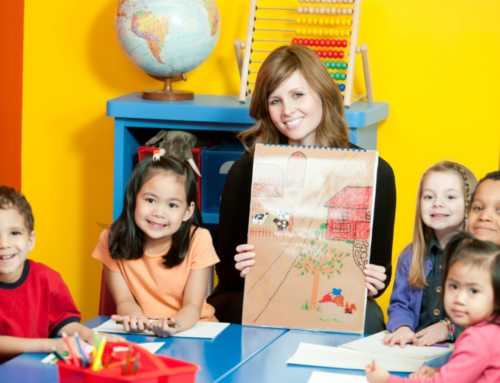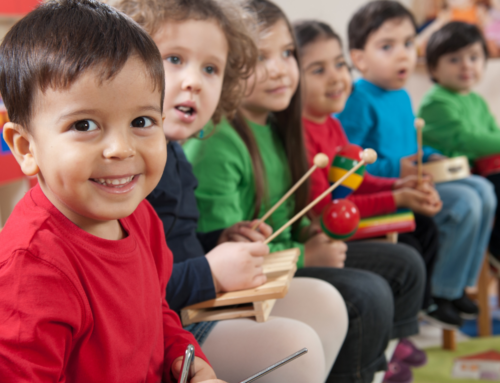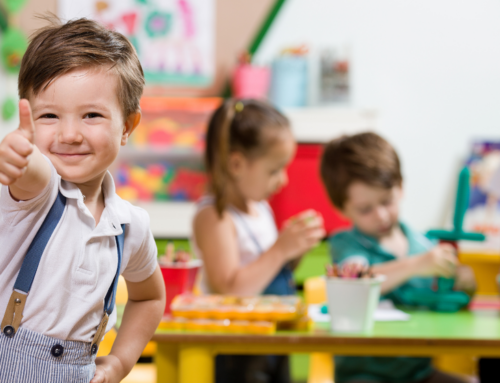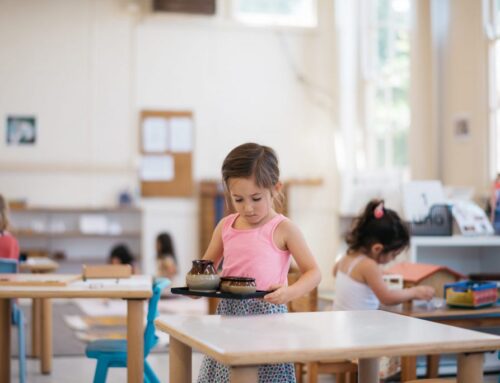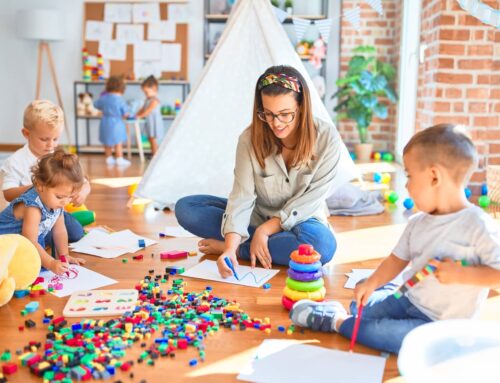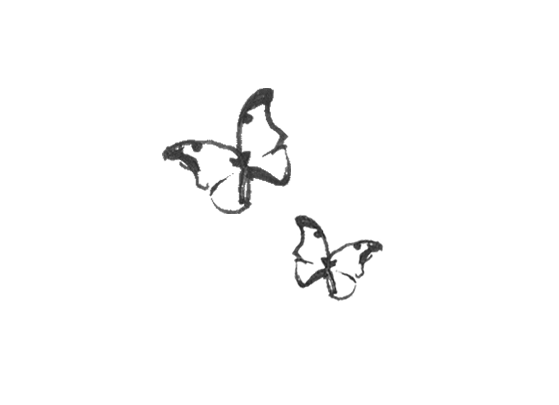Physical growth and development entails more than just becoming taller, stronger, or larger. It involves a series of changes in body size, composition, and proportion. Biological and environmental factors also affect physical growth and development. In this section, we will examine factors that affect physical growth in young children.
- Brain development: Even though motor abilities in preschool emerge as a result of physical growth and development, many new motor skills are also the result of brain growth. In other words, movement involves more than simply using arms or legs. Think about a preschooler kicking a ball back and forth with a peer or caregiver. Being able to do this task can be attributed not only to skill mastery and development, but also to the brain’s ability to organize visual and auditory messages that guide a child to help make decisions, such as adjusting movement, deciding how hard or soft to kick the ball, waiting if needed and kicking the ball back accordingly. As a family child care provider, you can enhance children’s brain development by engaging children in meaningful interactions that enable them to form connections with their environment and create understanding about how things work, how things are done, how to treat others, how to deal with emotions, and how to go about their daily lives. Ultimately, in doing so, you help children improve existing skills and acquire new ones.
- Heredity: Genetic inheritance plays a significant part in children’s physical growth. Nevertheless, it is important to acknowledge that even though genes influence children’s development, physical growth, like other aspects of development, happens as the result of the interplay between heredity and the environment. Think about your role in creating rich and stimulating environments that foster children’s optimal physical development.
- Nutrition: In order to reach optimal physical growth and development, especially at times when their brains and bodies are developing so rapidly, young children require healthy, balanced diets that provide vitamins, minerals, and other nutrients. As a family child care provider, you serve as a role model for children by promoting these healthy habits yourself.
- Cultural differences: Despite universal patterns in child development, there are variations, such as how children develop motor skills. Children’s environments, places of origin, and particular life circumstances can affect how they develop and master motor skills. Always be respectful and sensitive about children’s backgrounds and prior experiences. Your goal is to help each child reach their full potential.
At Precious Memories Preschool of Sandy Hollow PreSchool of Sandy Hollow, we offer a special place for children to not only grow and develop along the way, but a place for them to CELEBRATE each and every step. If you are interested in enrolling your child in our program please fill out the form on this page or call us at 860.572.9958


